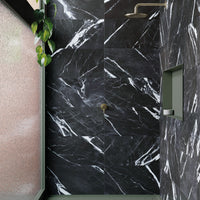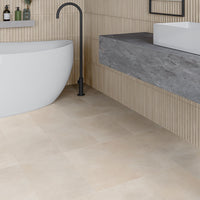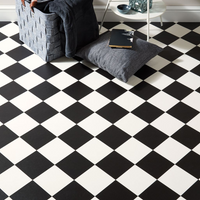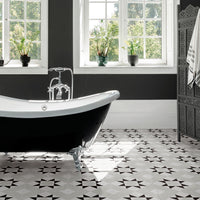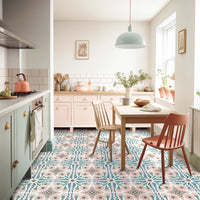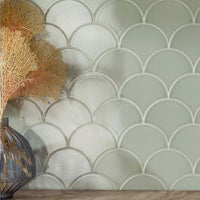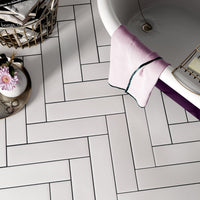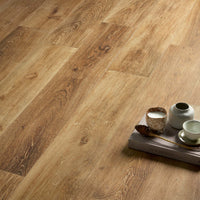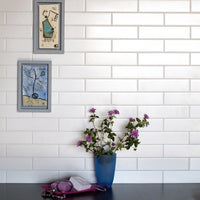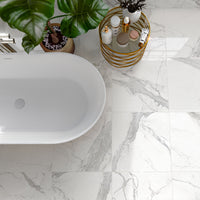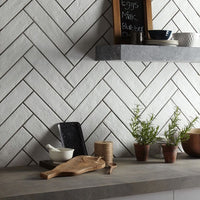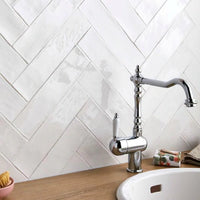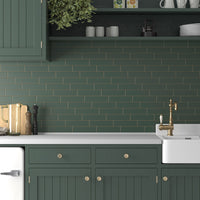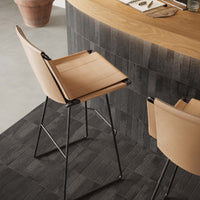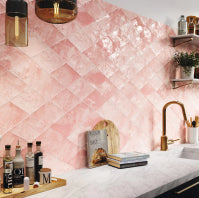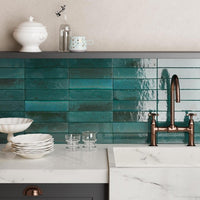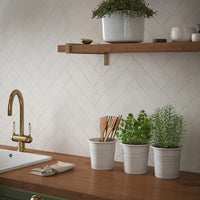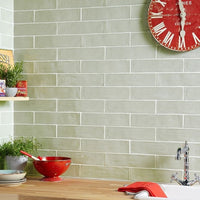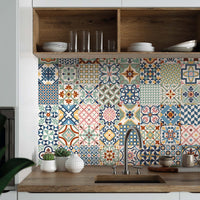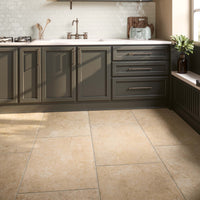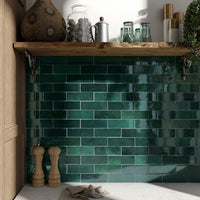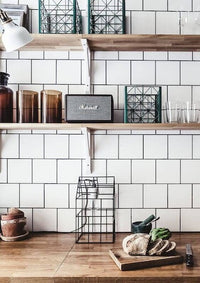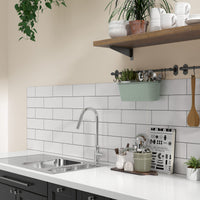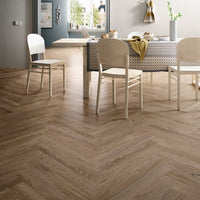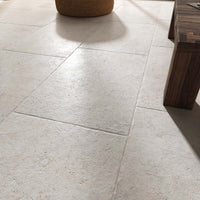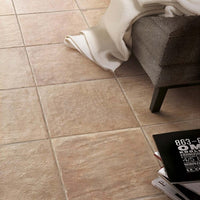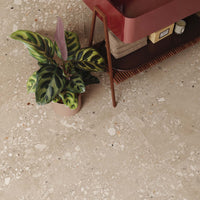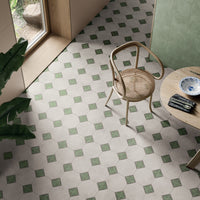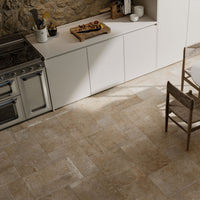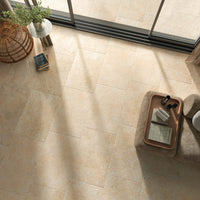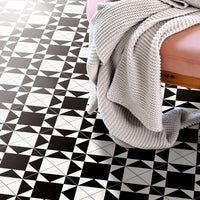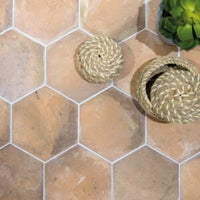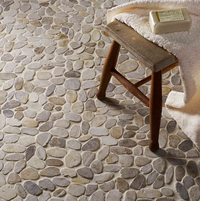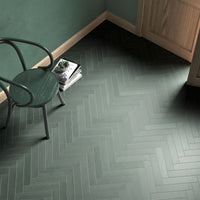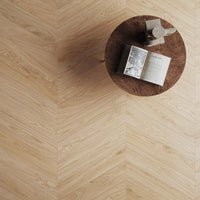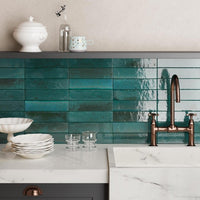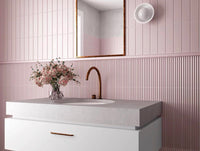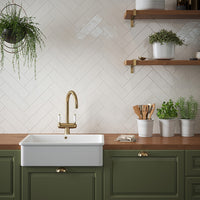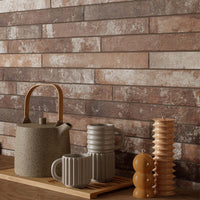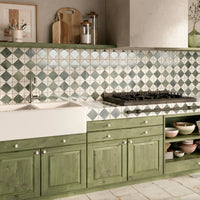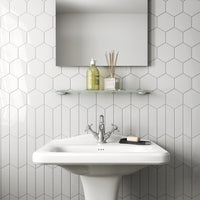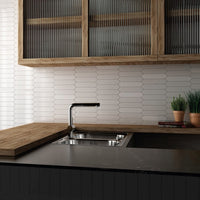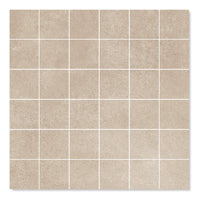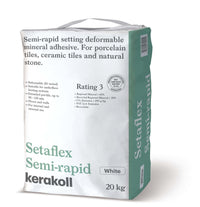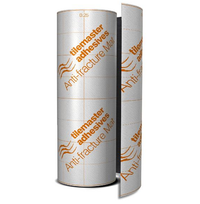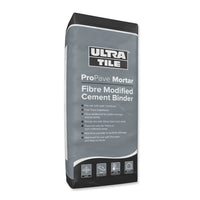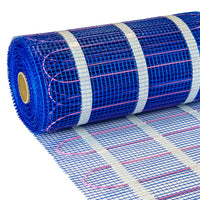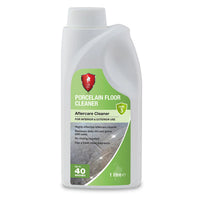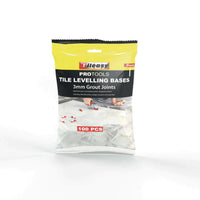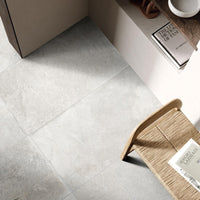Finding the right person for your next project can be pretty difficult. The words needle and haystack quickly spring to mind. As with all building trades, tiling is a skilled job and it’s important to ensure your tiler is up to scratch.
After all, there’s no point splashing out on those lovely hexagon tiles for your bathroom floor if they end up looking like a dog’s dinner. They’ll need to be replaced – a messy and expensive job – and no doubt this will delay any other tradesfolk you have lined up. And that’s never a good thing, especially when the mother in law is due in a few days time
Unfortunately, tiling in the UK is a largely unregulated trade. Unlike, say, electricians or gas fitters – who have to be qualified and registered in order to work – any Tom, Dick or Harry can pick up some tools and call himself a tiler. There’s no formal registration designed to protect you, the customer.
So without any qualifications required to practice the art of tiling, where on earth do you start when it comes to finding a good tiler? Let’s start finding some solutions and helping you draw up your shortlist.
Ask friends and family
A pillar of all American sales books since 1950 onwards is the importance of word of mouth and referral sales. This works from a customers point of view also.
Speak to all of the friends whose houses you are envious of. Ask any family members you trust. Ask what they were like around the place, how much they charged you, how you’d rate them out of 10. That sort of thing.
Check the TTA website
The Tile Association (TTA to those in the know) started way back when the country was nursing the mother of all hangovers and breathing a huge sigh of Millennium-Bug-shaped relief in January 2000. Its mission is to “promote professionalism and technical standards in the tiling industry”, so they are definitely a worthwhile place to start your search. In their words:
“Any tiler wishing to join the TTA has their experience, abilities, track record and financial health checked by the TTA. Tilers must also provide customer references, and have their work checked out or be recommended by an existing fixer member.”
The TTA have a very useful ”Find a tiler” service on their website which will tell you association tilers close to your postcode.
Websites such as mybuilder.com
In recent years websites such as MyBuilder.com have grown in popularity. Acting like a modern day yellow pages, they allow tradespeople to set up profiles, advertise their services and showcase previous work in order to get jobs that people post on the site.
We think it’s best to tread with a little caution when using these sites. Make sure you shortlist tradespeople who are tilers only and only consider those who have a high rating, plenty of positive reviews and photos of previous projects. Where possible, ask for references from previous clients.
Social media and forums
Like plenty of other businesses, plenty of tilers up and down the country have embraced social media and have an active presence and following. Many showcase their talents on Twitter, Facebook and Instagram, so why not have a search for tilers in your area?
Those who are online tend to post plenty of photos and videos of their work and have followers and friends in the industry. If they’re putting an effort into maintaining a good online presence, they are probably worth considering for your shortlist.
Once you’ve scoured these sources, it’s probably a good idea to get your shortlist together. Five is a pretty good number to start with. Make contact and ask them round to take a look and chat about your project so they can provide you with a written quote.
The kind of questions worth asking are:
-
Do you have a website where I can see a gallery of past work?
You don’t have to have a website, but they are a relatively simple and cheap way of showing off your work, so they question you should be think is, why wouldn’t you? -
Can you provide any references of previous customers I can contact?
Any tiler worth his salt will have happy previous customers who are gushing in their praise. If they don’t they probably aren’t what they claim to be. -
What are your working hours?
Do these suit your schedule? -
How soon will you be able to start work?
Anyone able to start tomorrow would set alarm bells ringing. Good tradesman are usually booked up for a couple of weeks minimum. -
Will you be supplying fixing materials?
Sometimes tilers have their own preferred brands, so its best to check before purchasing -
Do you clean the tiles properly after grouting?
Grouting can be a messy business and can leave a haze on the tiles if not properly cleaned off, so it’s important that your new tiles are properly cleaned post grouting. This should be a given but sometimes tilers are keen to jump onto the next job. -
Do you dispose of all waste?
As with all building work, tiling creates some waste. Old tiles, off cuts and empty bags of adhesive need to be accounted for. Make sure you agree who is responsible for taking this rubbish away as you don’t want it left in a pile on the driveway at the end. -
Who is responsible for floor and/or wall preparation?
Unless it’s a new build project, it’s likely there’ll be some work required before the tiler starts tiling. This maybe removing old tiles or boarding the floor ready for tiling. It’s best to read our guide to preparing floors & walls for more information. Find out if the tiler is happy to do this and get a quote for this.
Once you’ve met the tiler, it’s worth checking out their references and then waiting for the quotes to come through. As with everything, tiling is definitely not just about price. A tiler who impresses you with his knowledge, with past work and with their general demeanour and attitude, is worth far more than one who promises the earth for next to nothing and can start tomorrow.
If you need any further advice regarding your next project, then please just get in touch either by phone or email and we’ll be happy to help. At the moment we don’t recommend any tilers so it’s best to follow our guidance above.
Good luck with your project!







